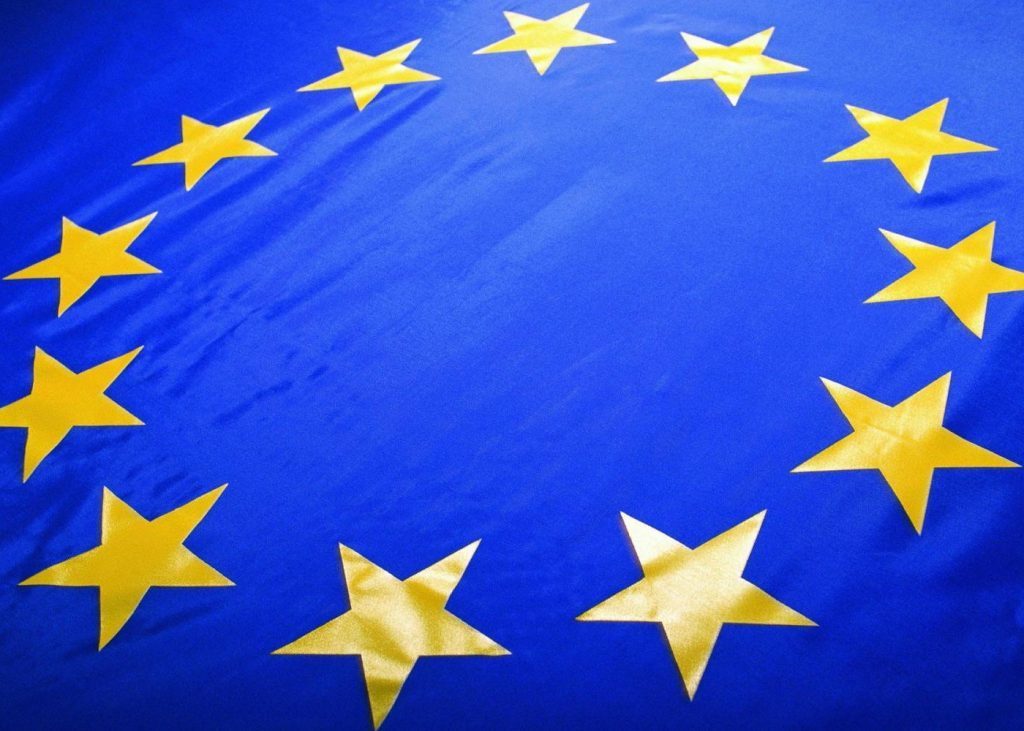
EU statement on the Secretary General’s 22nd consolidated report on the conflict in Georgia has published today.
In the Georgian regions of Abkhazia and South Ossetia, the ongoing violations of the freedom of movement severely affect the security, safety and well-being of the local population, particularly during the COVID-19 pandemic.
?EU Statement at CMhttps://t.co/6SQy1IFl5q— EU Delegation to CoE (@EUDELCoE) November 25, 2020
As the statement says, the EU considers it important to keep this issue high on the political agenda of the Council of Europe and encourages the Secretary General to continue the submission of such reports covering, inter alia, the question of human rights protection in the areas affected by the conflict in Georgia.
The EU expresses its deep regret that no progress has been made to implement the Deputies’ decisions on the conflict in Georgia and calls for their implementation without further delay, including the decision adopted on 21 October 2020.
The EU expresses its grave concern about the continuous deterioration of the human rights and security situation in the Georgian regions of Abkhazia and South Ossetia. The ongoing violations of the freedom of movement, including through the closure of the Administrative Boundary Line (ABL) “crossing points”, severely affect the security, safety and well-being of the local population, particularly during the COVID-19 pandemic. The EU calls for the immediate reopening of the “crossing points”, echoing the calls by the Co-chairs of the Geneva International Discussions (GID) to protect vulnerable, conflict-affected population and ensure equal access to health care, including testing and treatment. We also call for the release of all those illegally detained along ABLs, including Georgian citizen Zaza Gakheladze, who was shot and wounded and may face up to 12 years of “imprisonment” under the so-called “criminal legislation” of South Ossetia.
The EU denounces the reported intensified discrimination of Georgians on the grounds of ethnicity in both Georgian regions of Abkhazia and South Ossetia. We remain concerned about the documentation gap and related restrictions on freedom of movement, residence rights, work and property rights, as well as access to services and education in one’s native language in both entities, further aggravated by the COVID-19 pandemic. It is alarming that people are not only prevented from carrying out their economic activities and accessing their funds, but they are also facing shortage of food.
“Serious security challenges causing tensions in the Chorchana-Tsnelisi area are also particularly worrying. The EU reiterates its grave concern about the continuing Russian illegal military presence, including recent large-scale military drills “Kavkaz 2020” partly held on Georgia’s soil. Moreover, we find it is disturbing that “borderisation” activities in the Georgian regions of Abkhazia and South Ossetia have increased at several locations over the reporting period: we ask that these be stopped immediately. The EU condemns the implementation of the so-called treaties and deriving agreements,” said the EU.
The EU remains deeply concerned by the impunity surrounding grave human rights violations in conflict-affected areas, which continue to undermine human security. The EU reiterates its call for a proper investigation into the tragic deaths of Georgian nationals Archil Tatunashvili, Giga Otkhozoria and Irakli Kvaratskhelia and for justice to be served.
The EU deeply regrets that no progress regarding voluntary, safe, dignified and unhindered return of internally displaced persons and refugees on the basis of internationally recognized principles could be reported.
The EU remains highly committed to supporting peacebuilding and conflict resolution in Georgia. The GID remains the key international platform in this regard and we are ready to continue being actively involved in it. We will also continue our engagement in the Incident Prevention and Response Mechanisms (IPRMs) and through the work of the EU Monitoring Mission (EUMM), which remains – 12 years after the end of the Russia-Georgia war – the only international presence on the ground. The EU will continue to support a wide range of humanitarian and human rights protection, development and other co-operation actions in the Georgian regions of Abkhazia and South Ossetia, including the Council of Europe Action Plan for Georgia 2020-2023.
The EU joins the Co-Chairs of the GID in their call for the resumption of GID meetings in-person without any further delay and welcomes the announcement that a meeting is scheduled to take place on 10 and 11 December. The EU also strongly supports the calls to resume the regular meetings of the Incident Prevention and Response Mechanism (IPRM) in Gali without delay and any pre-conditions and welcomes the resumption of IPRM meetings in Ergneti.
The EU encourages and strongly supports all initiatives aimed at building bridges across the ABLs and addressing humanitarian challenges, as well as all ongoing and planned confidence-building activities of the Council of Europe.
“In conclusion, we reiterate our unwavering support for the independence, sovereignty and territorial integrity of Georgia within its internationally recognized borders. We once again call on Russia to fulfil its obligations under the EU-mediated ceasefire agreement of 12 August 2008 and its subsequent implementing measures of 8 September 2008,” stated the EU.
The following countries align with this statement: Albania, Andorra, Georgia, Iceland, Liechtenstein, Republic of Moldova, Monaco, Montenegro, Republic of North Macedonia, San Marino, Turkey and Ukraine.





